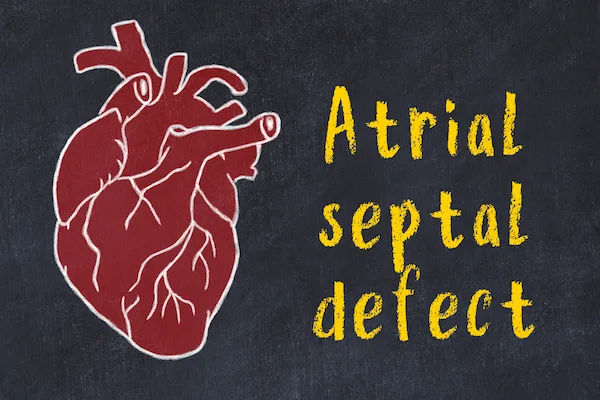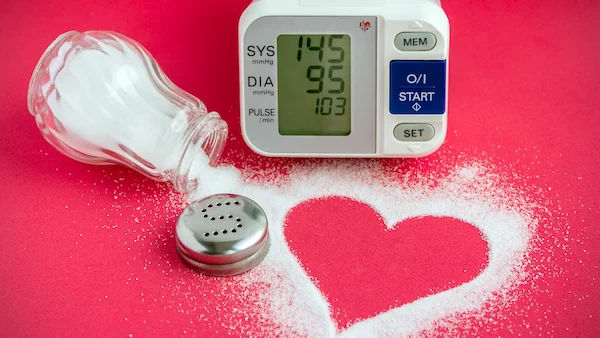- male
- 50 Years
- 31/03/2021
What does high blood pressure headache feel like?
Answered by 1 Apollo Doctors
According to the research available, most studies show that headache is not a symptom of high blood pressure unless a person is in hypertensive crisis. Hypertensive crisis is a medical emergency where blood pressure is more than 180/120 mm Hg with other symptoms such as nose bleed, chest pain and breathlessness. During this episode, headache can occur which is usually on both sides, pulsating type and increases with activity.
Dr. Shubham Suggests...
Consult a Cardiologist
Answered 04/07/2025
0
0

More Cardiology Health Queries
View allI've been noticing this weird pain in the upper left side of my chest, especially when I yawn. It's not constant, but more annoying in the mornings. Should I be worried about this? What could be causing it? Any advice would be appreciated.
The intermittent chest pain in your left upper chest, particularly when yawning, could be related to musculoskeletal issues, such as costochondritis (inflammation of the cartilage connecting ribs to the breastbone) or intercostal muscle strain; however, to rule out cardiac or pulmonary causes, consult a cardiologist or a primary care physician for a thorough evaluation, including a physical exam, electrocardiogram (ECG), and possibly a chest X-ray or stress test.
Answered by 1 Apollo Doctors
I've been feeling really nervous lately, and my heart starts beating really fast. Sometimes it even feels like there's a tremor in my heart. I'm really worried that my heart might be weak. Can you suggest any treatments or advice to help me with this heart issue?
It sounds like you may be experiencing symptoms of anxiety and panic attacks. To help manage these symptoms, you can try taking Propranolol (Inderal) 10mg to 40mg as needed to help reduce the physical symptoms of anxiety such as fast heart rate and tremors. Additionally, practicing relaxation techniques, deep breathing exercises, and mindfulness meditation can also be helpful in managing anxiety symptoms. If your symptoms persist or worsen, it is important to follow up with a healthcare provider for further evaluation and management.
Answered by 1 Apollo Doctors
What does it mean when my CT coronary angiography says there's a type 2 issue in the LAD? I've been dealing with chest pain and palpitations, and I'm really worried about what this could imply for my heart health. Could you help me understand what this result means and how serious it might be?
In your CT coronary angiography report, "LAD type 2" refers to a variation in the branching pattern of the left anterior descending artery. This variation is usually considered a normal anatomical variant and does not necessarily indicate any disease or blockage in the artery. It is important to correlate this finding with your symptoms of chest pain and palpitations. For chest pain and palpitations, you can take over-the-counter pain relievers like acetaminophen for chest pain and beta-blockers like metoprolol for palpitations. However, it is important to follow up with your healthcare provider for further evaluation and management.
Answered by 1 Apollo Doctors
Disclaimer: Answers on Apollo 247 are not intended to replace your doctor advice. Always seek help of a professional doctor in case of an medical emergency or ailment.





